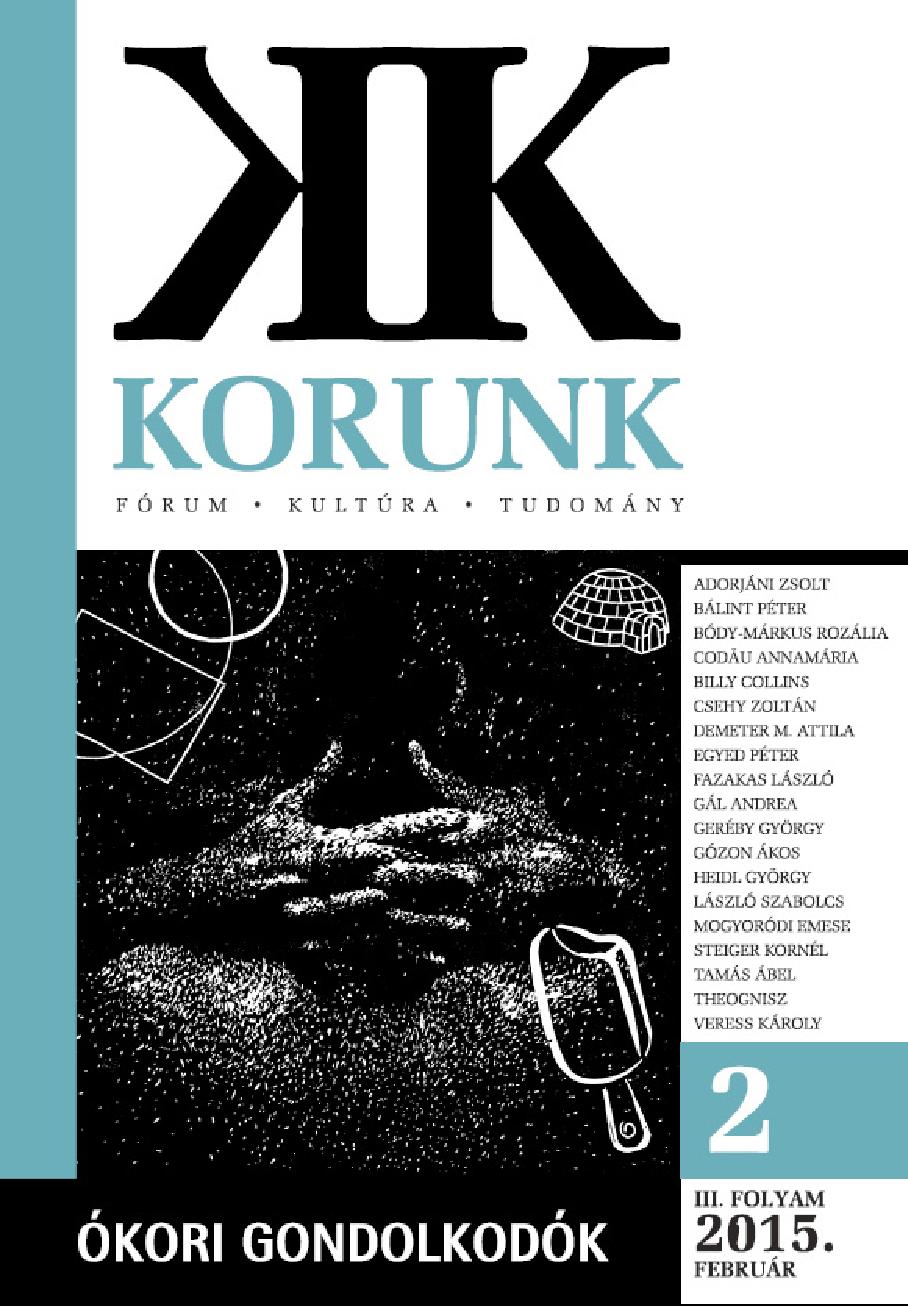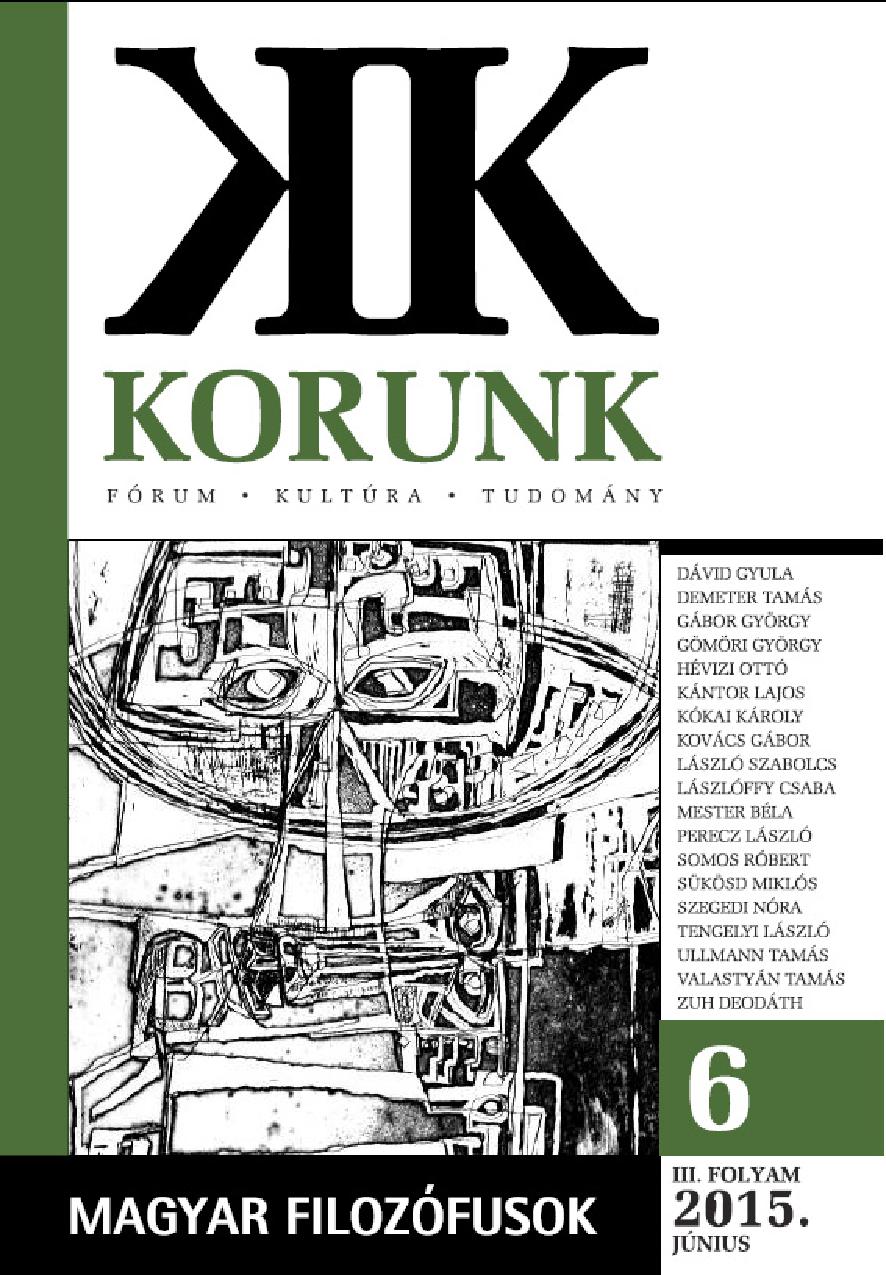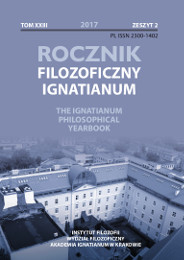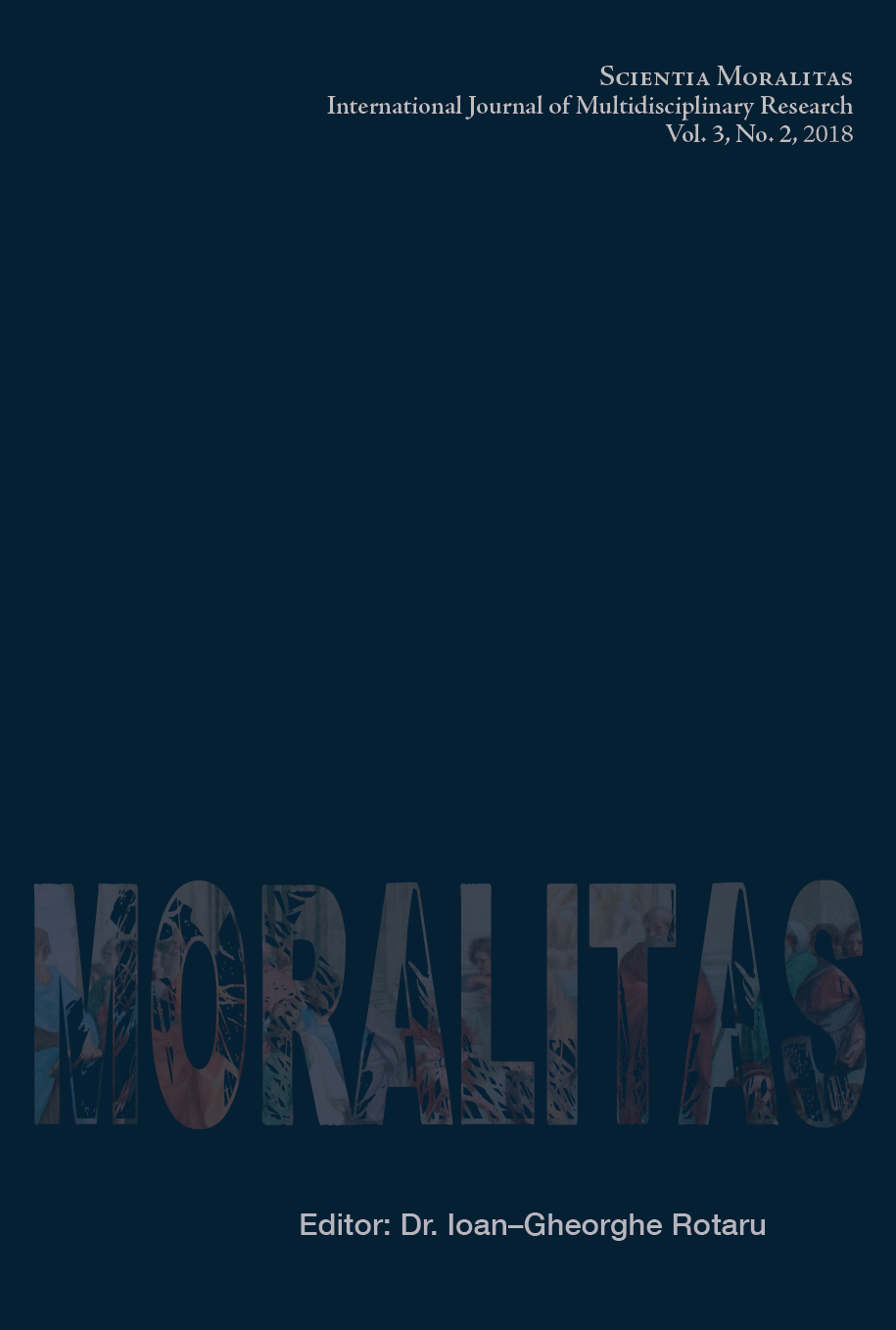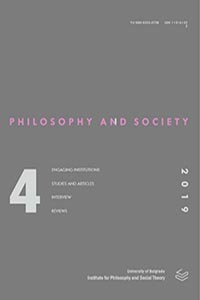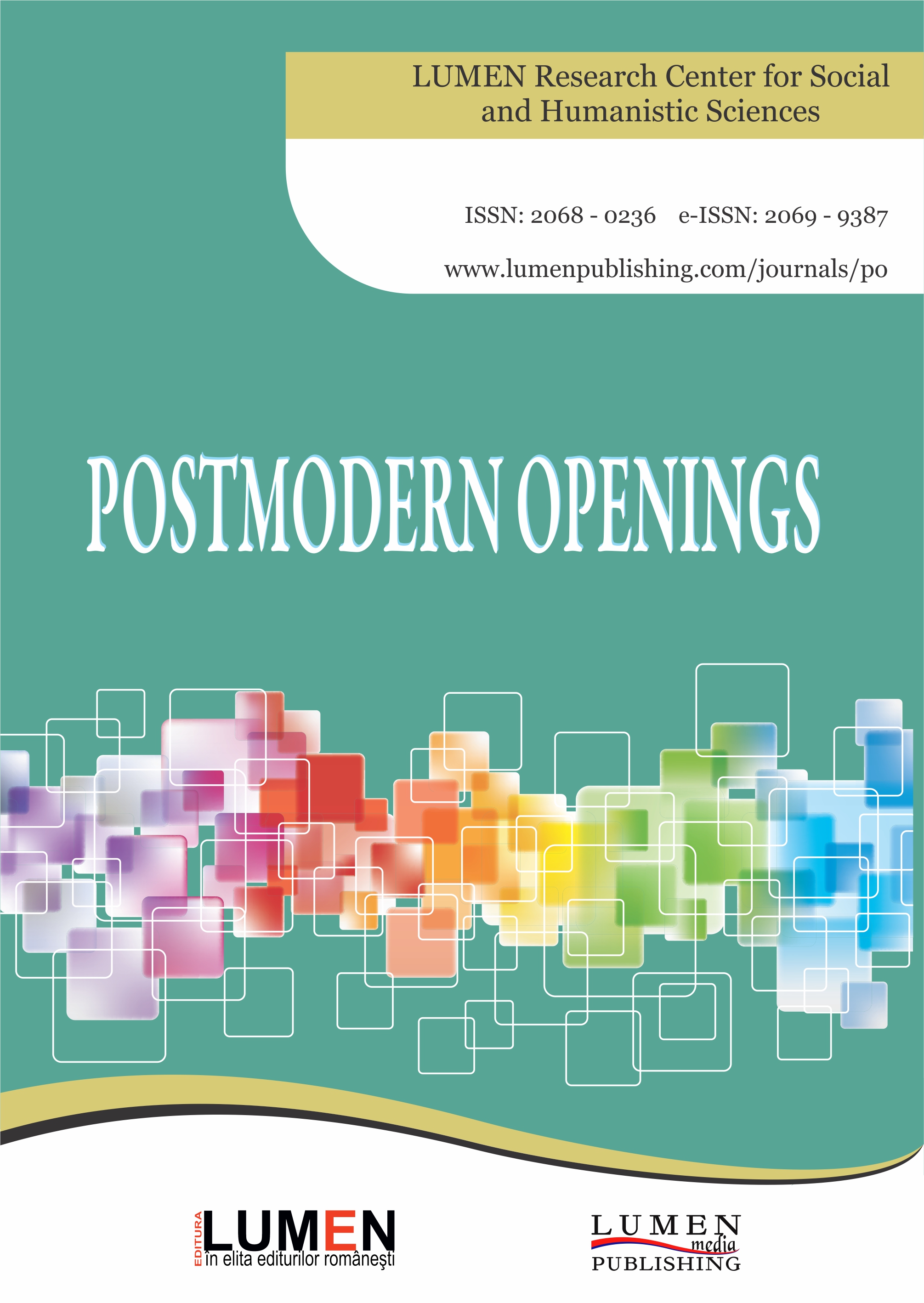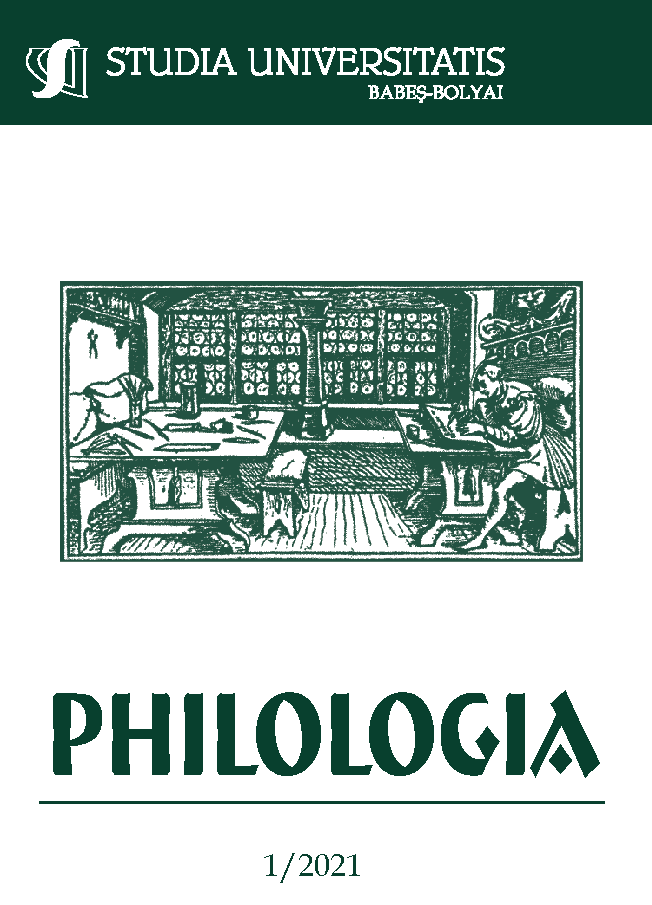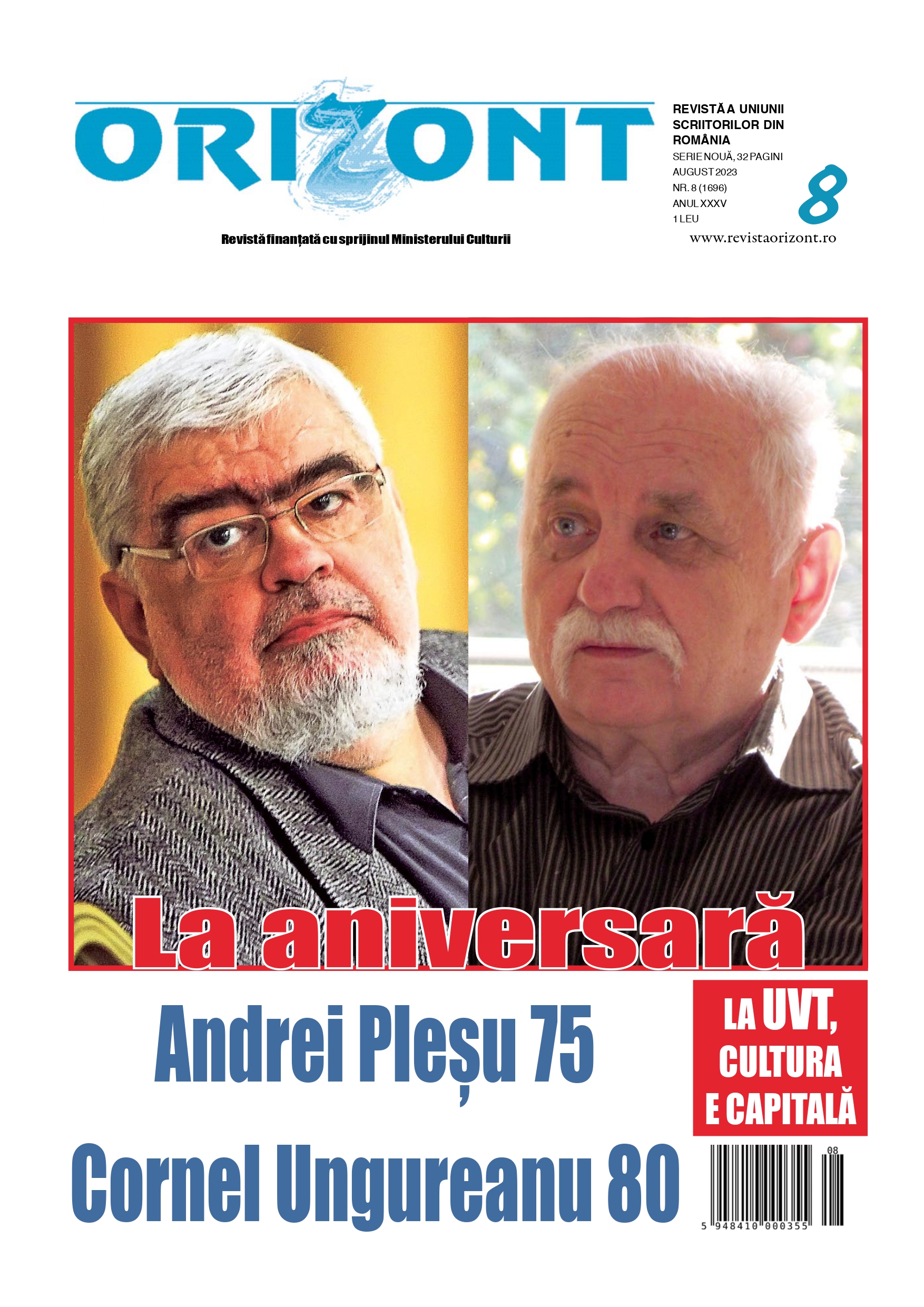Author(s): Andrea Strazzoni / Language(s): English
Issue: 1/2015
For generations of scholars the emergence of the notion of human subjectivity has marked the shift to philosophical modernity. Mainly traced back to Descartes’s founding of philosophy on the Cogito and to Kant’s ‘Copernican Revolution’,1 the rise of subjectivity has been linked to the rise of the modern age in terms of a reconsideration of reality starting from an analysis of the human self and consciousness. Consequently, it has been related to long-standing issues of identity, individuation and individuality2 as a foremost topic on the agenda of the philosophers. Only in recent times, however, have comprehensive studies on early modern theories of subjectivity and individuality become available to scholars. Taking into consideration a range of philosophers from Descartes to Wolff and beyond, in his The Early Modern Subject. Self-Consciousness and Personal Identity from Descartes to Hume (2011) Udo Thiel has unveiled two strands in the treatment of these topics. First, an ‘ontological’ approach, i.e. the definition of what is an individual (either human or natural) in the light of considerations involving the notions of body, soul, and related concepts. This approach characterized the Scholastic debates on the individuation of natural and human beings, but also the analysis of Descartes: he faced the problems of subjectivity and individuation from the same standpoint of the Scholastics, i.e., by using the ontological notions of substance and mode.3 Secondly, the consideration of individual beings from the standpoint of our conceptualization of them, that is, a more ‘subjectivist’ approach, adopted at first by Cartesians such as Johannes Clauberg and Arnold Geulincx, faced the problem of the re-conceptualization of the notions of unity and sameness as entities of reason rather than real attributes of things. Eventually, anti-Cartesian thinkers such as Robert Boyle, Thomas Hobbes and John Locke shifted the attention from the problem of finding any ontological ‘form’ for individual beings to a consideration of the problem of individuality as identity through time;5 as to personal identity, this came to be defined in term of selfconsciousness alone.6 Thiel has reassessed the connections between the notions of subjectivity, consciousness, identity through time and individuality, and has signalled a detachment of the problem of subjectivity from individuation as an ontological issue. Yet, the problems of individuation and subjectivity did not come to be unlinked: in the case of Leibniz, the general problem of individuation and identity constitutes the framework for the specific issue of personal identity,7 notwithstanding the distinction “between the identity of a mental substance and personal identity.”
More...
